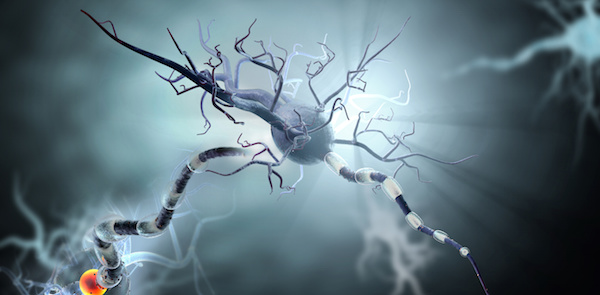
THURSDAY, Jan. 6 (HealthDay News) — Everyone feels gut instincts at one time or another: Marry that guy! Don’t take that job. Stay inside during this snowstorm! Now, a new study suggests there is indeed a link between your heartbeat and the decisions you make.
“These findings can help explain how we make key choices in life — for example, which house to buy, which job to go for — for better or for worse,” explained study author Barnaby D. Dunn, a clinical psychologist who works with the Medical Research Council Cognition and Brain Sciences Unit in Cambridge, England.
The findings don’t indicate that your heart is very good at giving you insight into what to do. And the research doesn’t point to any particular way to get better at decision making. Still, the study does manage to find evidence that there’s something to the idea of trusting your heart.
“I work as a clinical psychologist, and I have been struck in my therapy practice how clients often describe their emotions and decisions in terms of what is happening in their bodies — for example, feeling brokenhearted or following their gut instincts,” Dunn said. “I wanted to see if there was a scientific basis to the idea that what happens in our bodies shapes our minds.”
The researchers tried to find a link between heart and mind by first testing participants to see if they could estimate how fast their hearts were beating. “Participants are instructed to try to ‘feel’ their heart internally and not to directly measure their pulse with their fingers,” Dunn said. “Most people say they are guessing at the tracking task and are unconfident in their performance, and yet there are marked differences in how accurate their estimates are. Only around one-fifth of people show high levels of accuracy.”
Researchers then tried to elicit emotions from the participants by showing them photos of happy things (like a cute puppy) and not-so-happy things (a disgusting plate of food). They then tried to link people’s responses to their ability to monitor their heart rates.
“People’s arousal turned out to be related to changes in their heart rate,” Dunn said. “And this link was stronger in people who were more aware of their own heartbeat. So how people felt depended in part on how well they could sense the status of their own bodies.”
“This suggests that what happens in our bodies really does shape how we feel emotionally,” he said.
In a second experiment, the participants played a card game that emphasized intuition instead of strategy. “The quality of the advice that people’s bodies gave them varied,” Dunn said. “Some people’s gut feelings were spot on, meaning they mastered the card game quickly. Other people’s bodies told them exactly the wrong moves to make, so they learned slowly or never found a way to win. This link between gut feelings and intuitive decision making was stronger in people who were more aware of their own heartbeat.”
What’s the connection between the heart and brain? Dunn said one theory goes like this: “The ’emotional’ parts of the brain generate the bodily response in the first place. The ‘rational’ parts of the brain then listen in to these bodily responses to find out what the ’emotional’ parts of the brain are doing. This allows both logic and emotion to shape our choices.”
Dunn said better understanding of the link between the body and the mind might eventually help people who struggle with depression and anxiety.
“We know that anxious people are hyper-aware of the body, whereas those who are depressed are out of touch with the body,” he said. “Training the ability to tune in and out of the body may be beneficial for these individuals.”
The study was published in the December issue of Psychological Science.
More information
The American Heart Association has information on how the brain works.

